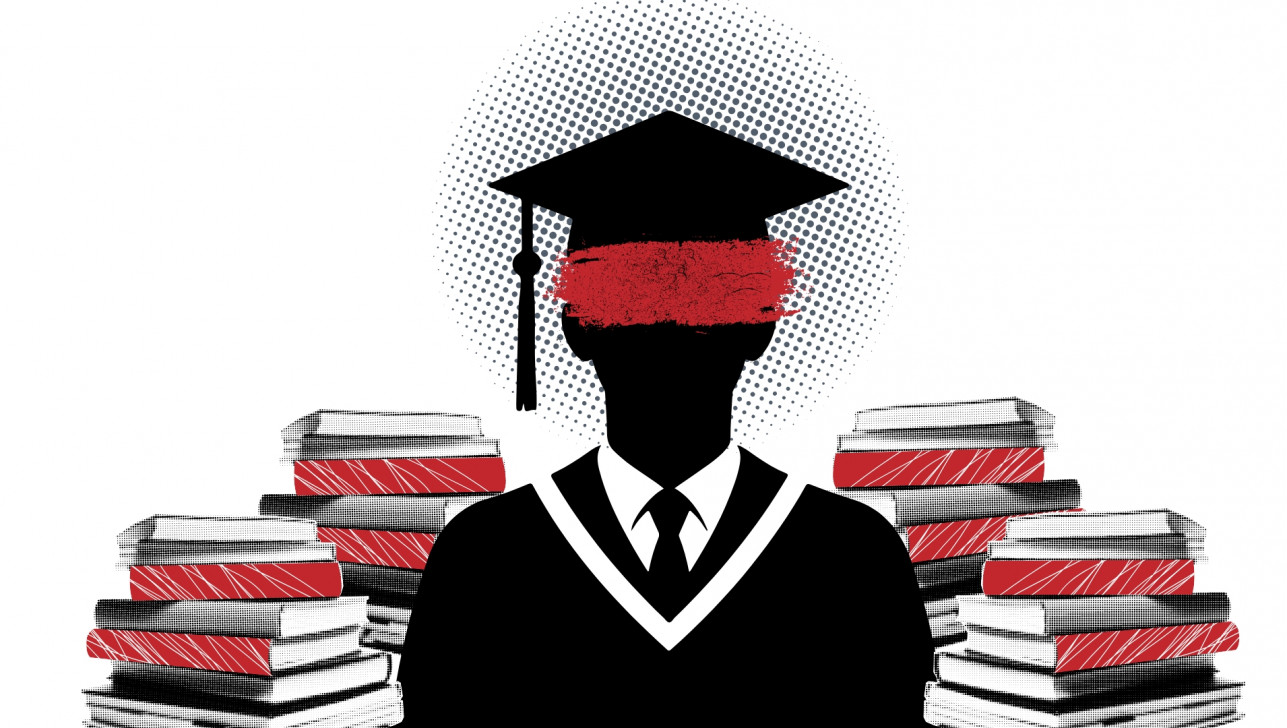Education is a shared responsibility

Education is the bedrock of personal empowerment, social equality, societal cohesion, and economic progress. The concept of "Shikkhar samajik dayitto," meaning the societal responsibility for education, highlights the collective duty of all stakeholders—students, parents, teachers, community leaders, school administrations, public representatives, and government officials—in ensuring that every child has access to quality education not just for ethical reasons but also for social stability and growth.
Every member of society must acknowledge their role in fostering quality education. This responsibility is not merely altruistic; it is inherently self-serving. An educated society translates into greater social equality, healthier communities, greater innovation, and economic stability—outcomes that benefit everyone. When individuals support education, they invest in their collective future, creating a virtuous cycle of development.
Students exemplify this interconnectedness by recognising that their education serves both personal ambitions and broader societal goals. By engaging wholeheartedly in their studies, they pave the way for better employment prospects, contributing to family stability and uplifting community standards. At the same time, educated individuals become role models, fostering a culture of learning that inspires peers and future generations.
Additionally, a well-educated generation secures long-term advantages for society, including higher productivity and a more informed electorate. Community members beyond the immediate families of students also share these dividends—educated populations stimulate local economies, improve public health, and reduce societal inequities. Besides, a well-regarded school raises a community's profile, creates pride among its residents, and brings prestige to the community leaders and public representatives of the community. Active engagement of community leaders and public representatives in supporting educational initiatives reflects visionary leadership, leaving a legacy of progress and shared prosperity.
Meanwhile, teachers, who are the backbone of the education system, help society as they play dual roles as knowledge providers and character builders. Their dedication to teaching not only benefits students but also strengthens their professional reputation and societal standing. A teacher's commitment to excellence fulfils both personal goals and communal expectations, aligning their individual interests with the broader mission of educating responsible citizens.
Similarly, schools must prioritise quality education as a fundamental goal. A reputation for excellence enhances their standing in the community, draws valuable support, and ensures sustainability. The synergy between schools and communities amplifies these benefits, fostering environments where education thrives as a collective achievement.
To transform the theoretical concept of "Shikkhar samajik dayitto" into actionable frameworks all stakeholders must come under a unified vision. A collaborative partnership between schools and communities is needed to ensure a reciprocal commitment: schools must pledge to deliver quality education, while the community provides material, financial, and logistical support.
An action plan should be implemented to assign specific roles and responsibilities to each stakeholder, ensuring accountability and sustained progress. Also, responsibility must be engrained as a core element in every aspect of student education, along with academic activities. Peer mentoring, volunteering, and acts of kindness inculcate vital traits like honesty, compassion, hard work, and trustworthiness. These life lessons should be seamlessly integrated into daily practices, fostering good citizenship without reliance on lectures or moralising.
This approach bypasses traditional pitfalls in character education, which often alienate students by implying they lack moral strength. Instead, responsibility-driven education empowers students to embody virtues through meaningful actions, building character organically while nurturing a sense of purpose and self-worth.
The concept of "Shikkhar samajik dayitto" is more than a call to action; it is a blueprint for removing inequality in society and providing sustainable societal growth. By anchoring education in shared responsibility, it creates a ripple effect of benefits: well-educated citizens, better economies, cohesive communities, and empowered individuals. This model opens new horizons for training youth to become productive, ethical, and responsible citizens, bridging personal development with societal advancement.
By intertwining self-interest with collective duty—responsibility—can revolutionise education, strengthen communities, and catalyse social transformation. Together, we can build a future where education is not merely a right but a shared achievement that fosters a healthier, more equitable society.
Jasimuz Zaman is a former professor of chemical engineering, the primary author of the book "Quality Education in Rural Bangladesh," and a full-time volunteer for quality education in rural high schools since 2010.
Views expressed in this article are the author's own.
Follow The Daily Star Opinion on Facebook for the latest opinions, commentaries, and analyses by experts and professionals. To contribute your article or letter to The Daily Star Opinion, see our guidelines for submission.



 For all latest news, follow The Daily Star's Google News channel.
For all latest news, follow The Daily Star's Google News channel. 

Comments